
The Russian state press has taken out of context a statement by the former US Ambassador to Russia, Michael McFaul, and have disseminated a propaganda narrative, according to which American scholars support Putin's ideas about Ukraine. In reality, McFaul presented several opinion trends from the US and around the world on the history of Ukraine, and not on the current Russian-Ukrainian war.
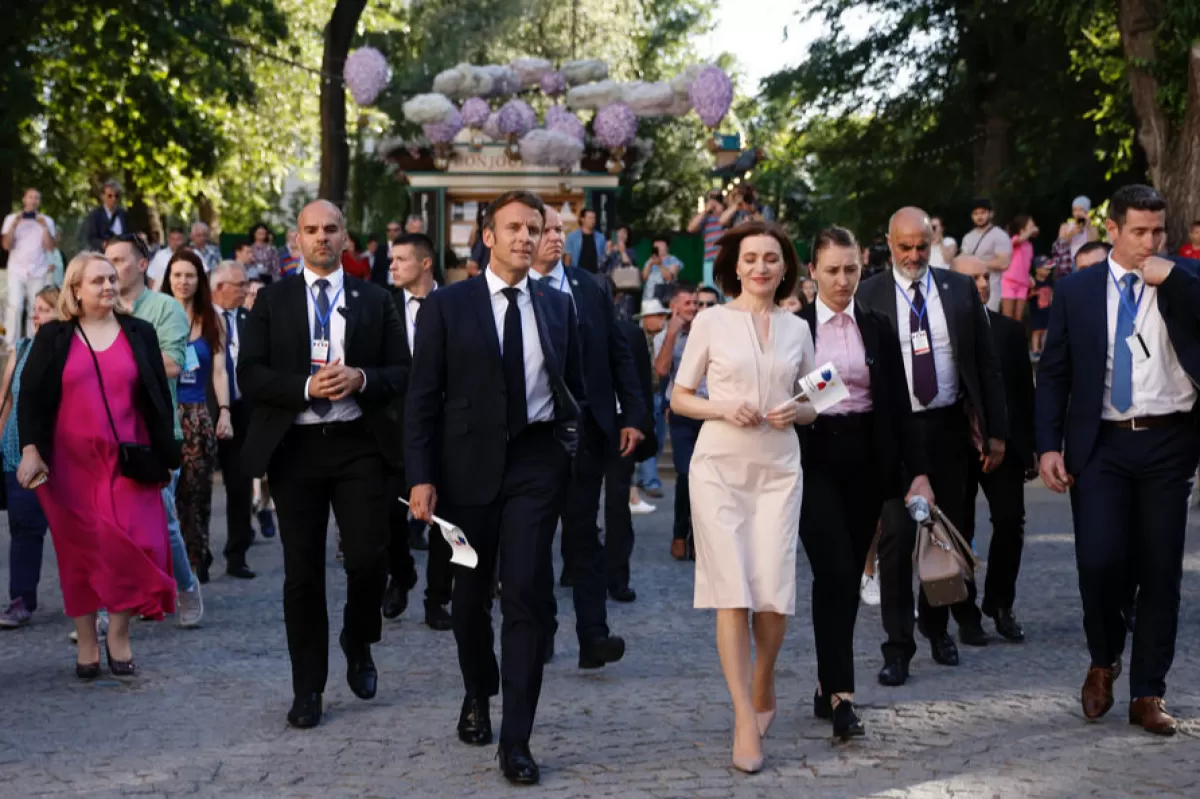
The security context and the political will in Chisinau were the main valid arguments used by Romanian diplomacy in supporting the Republic of Moldova on its European path. The Republic of Moldova managed, in less than four months, from March 3rd till June 23rd, to shift from the status of country that officially applied for EU membership to that of candidate country. By comparison, the Western Balkan states received a clear European perspective from Brussels 19 years after the EU Thessaloniki Summit in 2003.
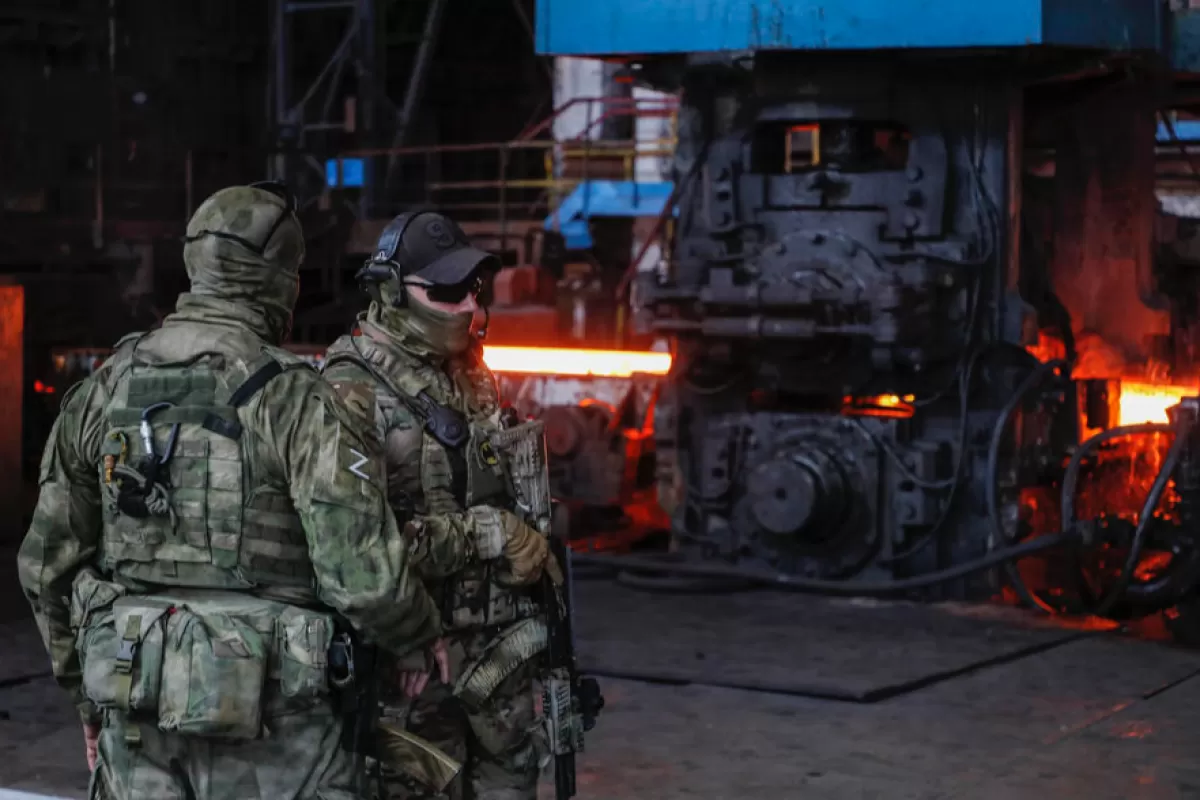
The Russian independent press reports that Russian doctors, teachers, civil servants and builders are being sent to the occupied territories of Ukraine to prepare “the union with Russia”. Meanwhile, Western sanctions are hitting the Russian economy and the well-being of the population, experts say. President Putin, however, continues to blackmail Europe with cold in the winter and famine.
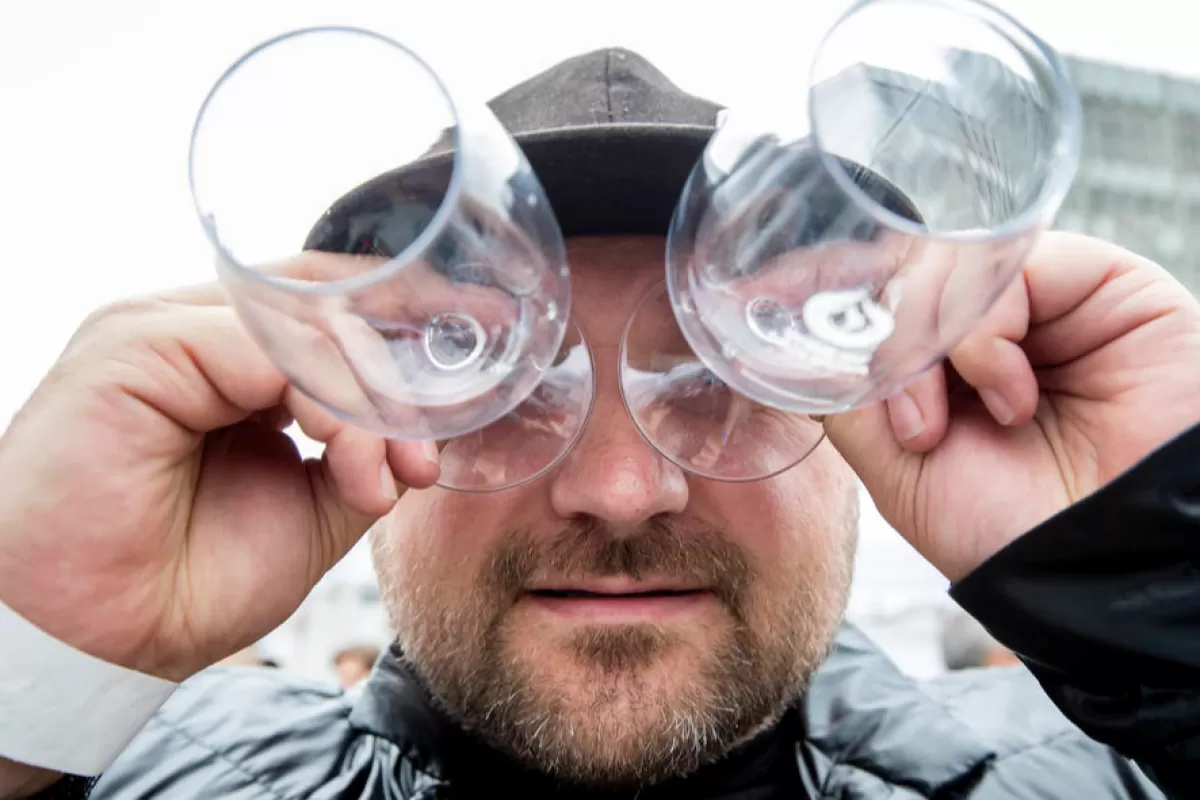
Over the past two decades, Moldovan wines have become one of the key elements in the geopolitical war between Chisinau and Moscow, but also a symbol of Moldova's attempt to escape the Russian influence.

Russia’s campaign in Russia is doubled by an information war, which among other things seeks to discourage Ukrainian resistance. Kyiv is trying to respond to this campaign, on the one hand to demoralize the enemy as well, while on the other hand to enliven Ukrainians’ fighting spirit. The protracted war, however, has prompted Ukrainian leaders to adapt their discourse.

A country of strategic importance but not indispensable, involved in the war effort despite keeping its distance, Romania cannot congratulate itself enough in official discourse for having long foreseen the aggressive plans of Putin’s Russia. As usual, Romanian officials contend themselves with the dangerous illusion that nothing should be changed in their approach to the territory that separates Bucharest from Moscow.

The leadership of the Kharkiv Oblast will support the inhabitants who have called in rather large numbers for the unification with the Russian Federation, the Russian government media writes. In fact, over 85% of the inhabitants of Eastern Ukraine have condemned the Russian aggression, and the people cited by Moscow media do not represent the legitimate authorities of Ukraine.
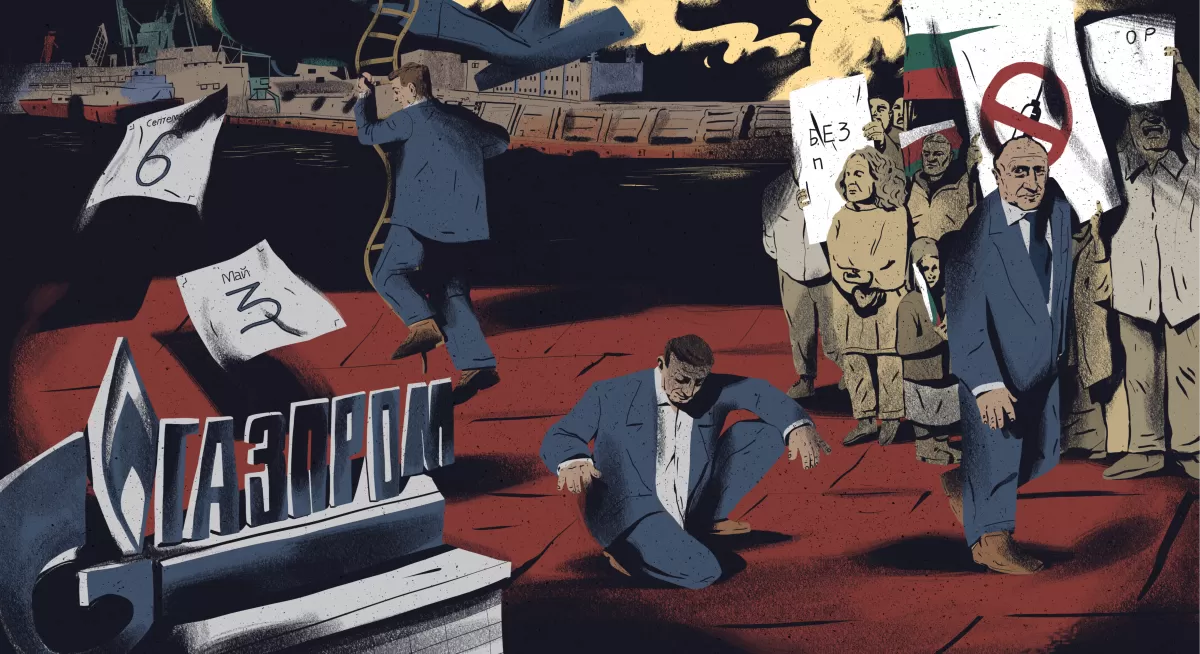
EU and NATO member Bulgaria, once Moscow’s closest satellite, has been moving away for years, albeit at a slow pace, from Russia’s pull. This process has been accelerated following Russia’s invasion of Ukraine. However, the Kremlin can still count on an array of friendly politicians, spies, and a disinformation and propaganda network to further its interests in Sofia.

At the 1997 NATO Summit in Madrid, the Alliance kicked off its eastward enlargement process by integrating ex-communist countries that used this opportunity to make sure they would never again fall under Russia’s control. A quarter of a century later, also in Madrid, the North Atlantic Treaty Organization launched a new strategic concept, taking note of Moscow’s aggressions and threats.

The regional context of the Russian invasion of Ukraine has inevitably led to a change in NATO's Strategic Concept. Accents have changed, and Russia has turned from a strategic partner of NATO into a “direct threat” to the security of the member states of the Alliance, as well as to some of their neighbors, including the Republic of Moldova.
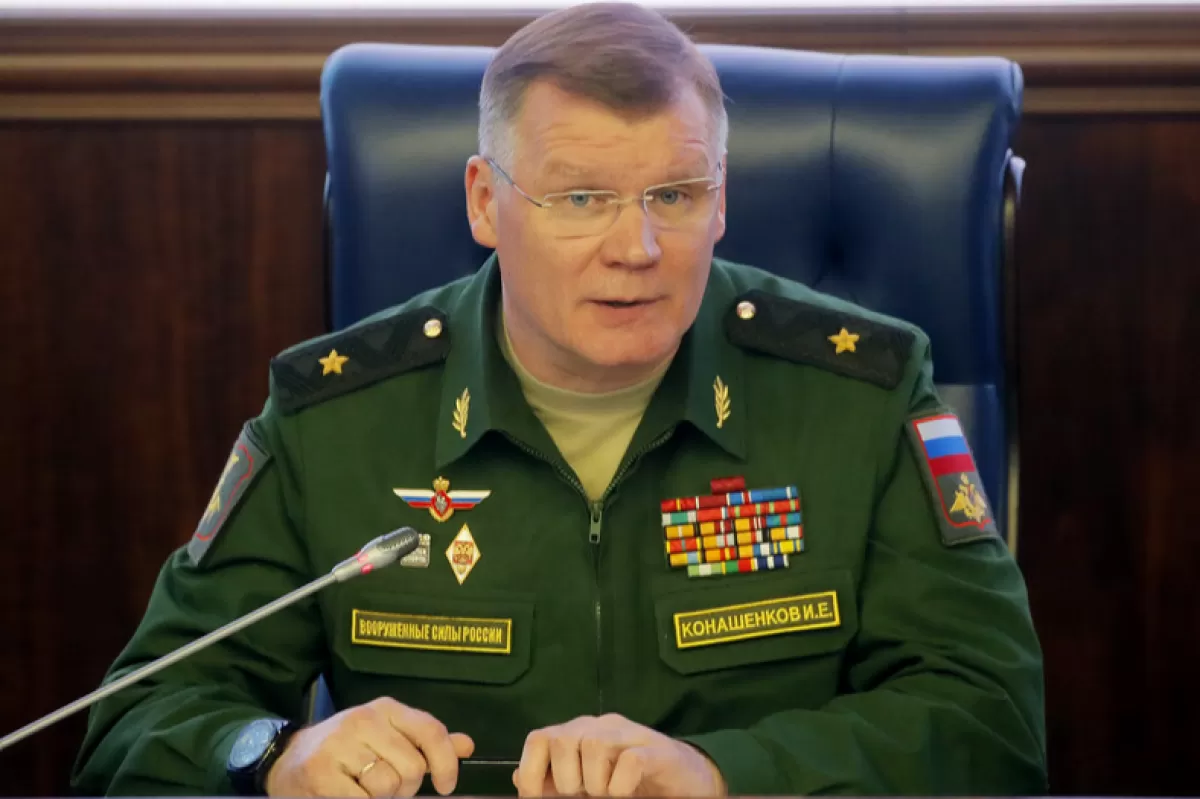
Every day, Russian citizens learn from news segments about the victories reported by the Russian army on the Ukrainian front. Even when troops are retreating or conquering a few small villages despite sustaining heavy losses, the Ministry of Defense spokesman, Igor Konashenkov, invokes resounding achievements. A PROEKT.MEDIA investigation reveals that many such achievements are in fact mathematical and geographical falsehoods.

The Republic of Moldova will enter a profound crisis if it joins the European Union and anti-Russian sanctions, the Russian official news agency and the Moldovan fugitive oligarch, Ilan Shor, claim. The issue of anti-Russian sanctions exploited by Russian propaganda and Russia’s agents of influence is one of the recurrent threats Kremlin uses to pressure Chișinău.

In theory, Romania is not overly reliant on Russia in economic terms. Trade relations are limited, the number of Russian companies operating on the Romanian market is relatively small, and Romanian imports of oil and gas from Russia are incomparably lower compared to those of other EU countries. Over the years, however, Russian oligarchs, most of whom are connected to the Kremlin, have taken possession of huge chunks of certain sectors of the Romanian economy. Adding to these economic levers are political ones too – there are Romanians who, consciously or not, are playing into Moscow’s hands. It’s a strategy Russia has been applying ever since the 1990s in most ex-communist states.

Vladimir Soloviov is a Russian journalist based in the Republic of Moldova. He writes for Kommersant. Veridica spoke with Mr. Soloviov in Chisinau about the political developments in the Republic of Moldova, Russia’s imperial claims and the war in Ukraine, but also about the almost non-existent relationship between Russia and Romania.

The Russian independent media writes about volunteers with no military training whom Moscow sends to die in Ukraine, as well as about the role of mercenary groups fighting for the Russians. The Kremlin is mindful not just about battlefront developments, but also about the way it is selling the war to the next generation of young Russians: the new school curricula includes the new Putinist ideology and the official rhetoric about the war in Donbas.

According to narratives launched by pro-Russian politicians in Chisinau and officials in Moscow, the European Union offers the status of accession candidate using Russophobia as a criterion and, together with NATO, is building a war coalition against Russia. Such narratives have appeared in the context in which the Republic of Moldova and Ukraine received the status of candidate countries for EU accession.

The chess rivalry between Russia and Ukraine existed before the invasion of February 2022. It also existed before the first invasion of Russia in February 2014. It existed, one might say, before the collapse of the Soviet Union in December 1991. But it has never been harsher than this year. The world of chess has once again become, as it was during the Cold War, a battleground for image, influence and power.

The war in Ukraine has brought to the fore the poor state of the Moldovan army, which remains underequipped after being neglected by the authorities in the last three decades. Yet the commonplace view in Chișinău right now is that the army should at least fend off an aggression coming from Transnistria. Russia and its mouthpieces, on the other hand, continue to absurdly claim that Moldova modernizing its army would be tantamount to breaching its neutrality.

For Europe to evade the Russian threat, Russia needs to slip into a period of instability once Putin is gone, says Vladimir Socor. In an interview to Veridica, Vladimir Socor says the early signs of post-Soviet expansionism became transparent in the 1990s, also referring to Ukraine’s chances in the current war.
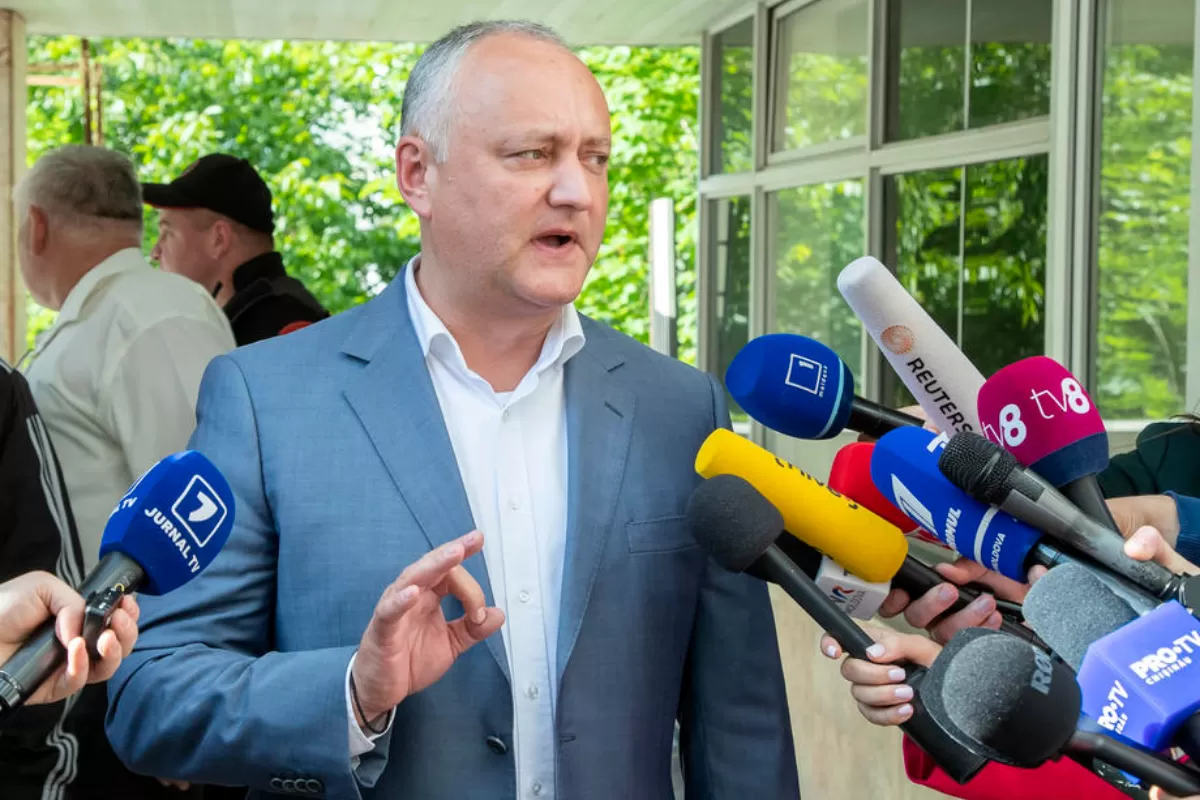
Moldova is undergoing an economic crisis, and the Government and the West is providing it with weapons for the war in Ukraine, while at the same time preparing the unification with Romania. The narratives were launched by former president, Igor Dodon, and were amplified by the pro-Socialist and Russian media.

The Transnistrian is not an obstacle to the EU integration of Chișinău, says the ambassador the Republic of Moldova in Romania, Victor Chirilă. In an interview to Veridica, the Moldovan diplomat said that, should Ukraine win the war against Russia, Tiraspol leaders will become “more flexible”. Victor Chirilă analyzed the security risks for Chișinău, as well as the main projects carried out by the Republic of Moldova jointly with Romania.

Poland is one of the NATO countries with the coldest relations with Russia. Concerned about Moscow's aggressive stance in the region, Warsaw called for a stronger NATO presence on the eastern flank and launched an ambitious program to equip its armed forces. But is Poland able to withstand enough attacks in the event of an attack?

Ukrainian neo-Nazis are keeping civilians hostage in various locations across the Kharkiv oblast, the Russian state media writes. In fact, the locations in question have long been occupied by Russia, and the local council claims the Russian soldiers are committing war crimes.
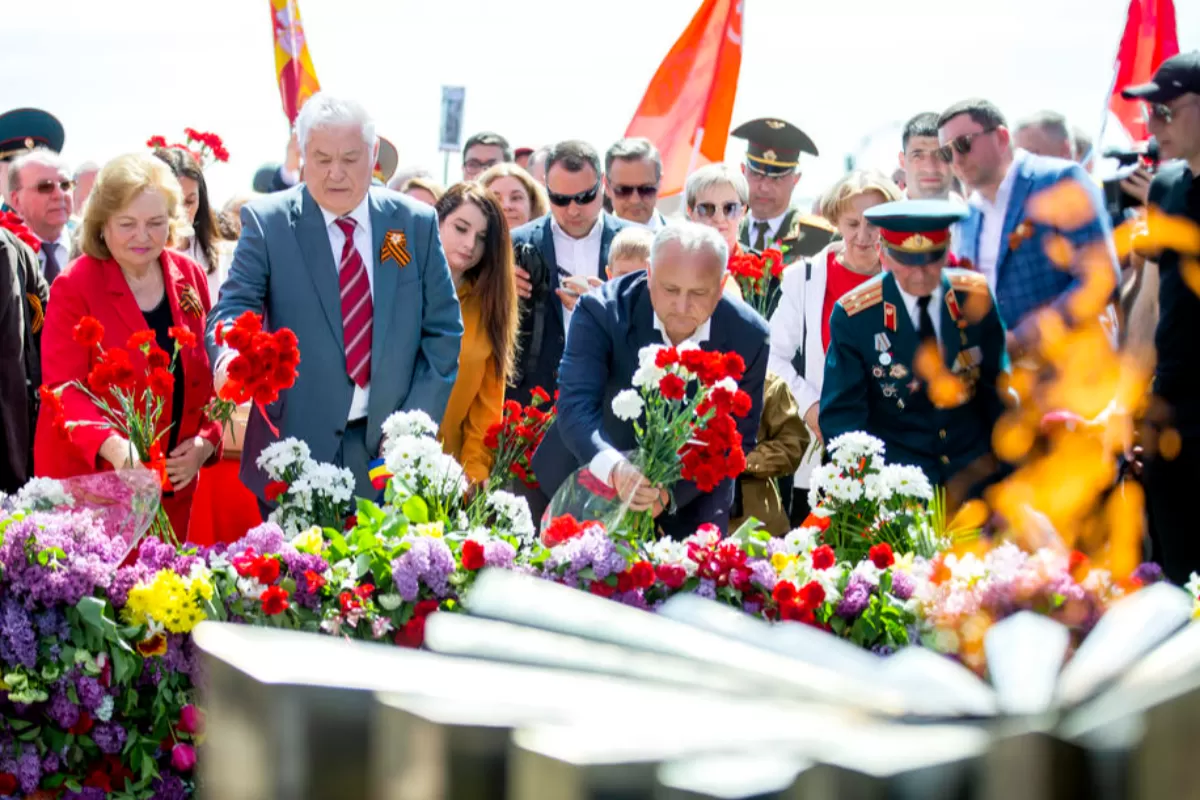
The Republic of Moldova’s neutrality is one of the favorite topics of Russian and pro-Russian propaganda. It is discussed when it comes to adopting measures that do not suit Moscow, but the reality of the presence of Russian forces in Moldova, which means a violation of its neutrality, is constantly ignored. Other narratives are switched depending on the needs; neutrality, however, has been a constant one.

For more than a month, Serbia has been the target of mass bomb threats. Pro-government tabloids and some high-ranking officials claim that the campaign has behind it the West and is connected to Belgrade’s reluctance to impose sanctions on Russia, while offering no proof for the allegations. However, Russia, or Serbia’s own intelligence services may as well be interested to launch such a campaign.
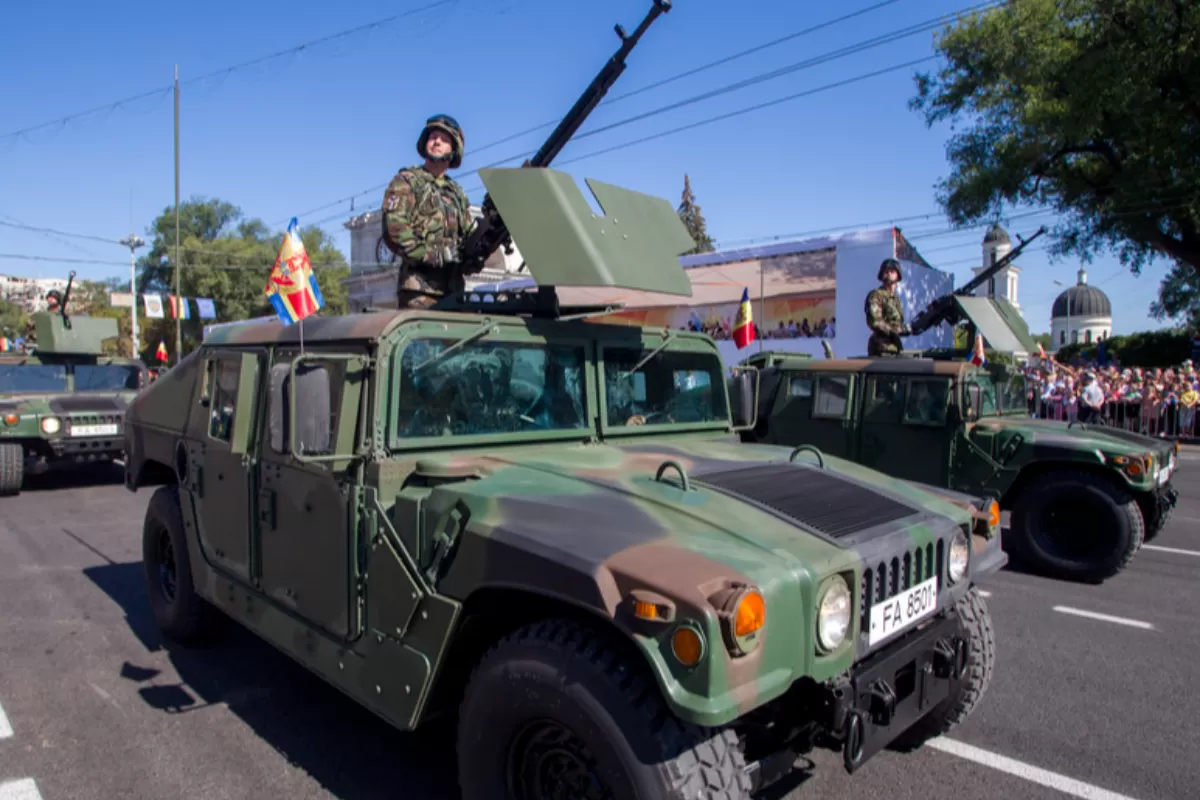
The war in Ukraine has sparked a great of deal of concern in the Republic of Moldova, where the people have seen just how vulnerable the country is in case of a Russian attack. Neglected for years due to underfunding, incompetence or for the sake of “neutrality”, the army seems underprepared to efficiently defend the country. The West is trying to lend a helping hand and has promised to deliver military equipment.

Vladimir Putin and the Russian elite denounce the West and the lack of patriotism of the Russians who choose to live there, but even the children of the elite - including Putin's daughter - have chosen the comfort of living in the Western states, according to the Russian independent media. Another topic is that of the Western politicians who chose Russia and the generosity with which it rewarded them.

Western countries are waging a war by proxy in Ukraine against Russia, and seek to destroy this country, although the armed conflict is affecting the West more than it does Russia.

Nearly three million Ukrainians want to reach Russia, which is already home to over a million war refugees, according to a false narrative launched the Russian MFA and Kremlin-affiliated media. In fact, Russia launched a genuine campaign to forcefully displace Ukrainians from the territories it currently controls. Besides, nine in ten Ukrainians see Russia as their enemy.

Kyiv has allowed 10,000 troops from Poland and Lithuania to enter its territory. The forces are expected to “occupy” and “plunder” Ukraine, the Russian media writes in a new false narrative about the occupation of Western Ukraine by Russia. The fake news is part of broader metanarratives concerning the West’s involvement in the war and the artificial character of the Ukrainian state, which makes it unstable.
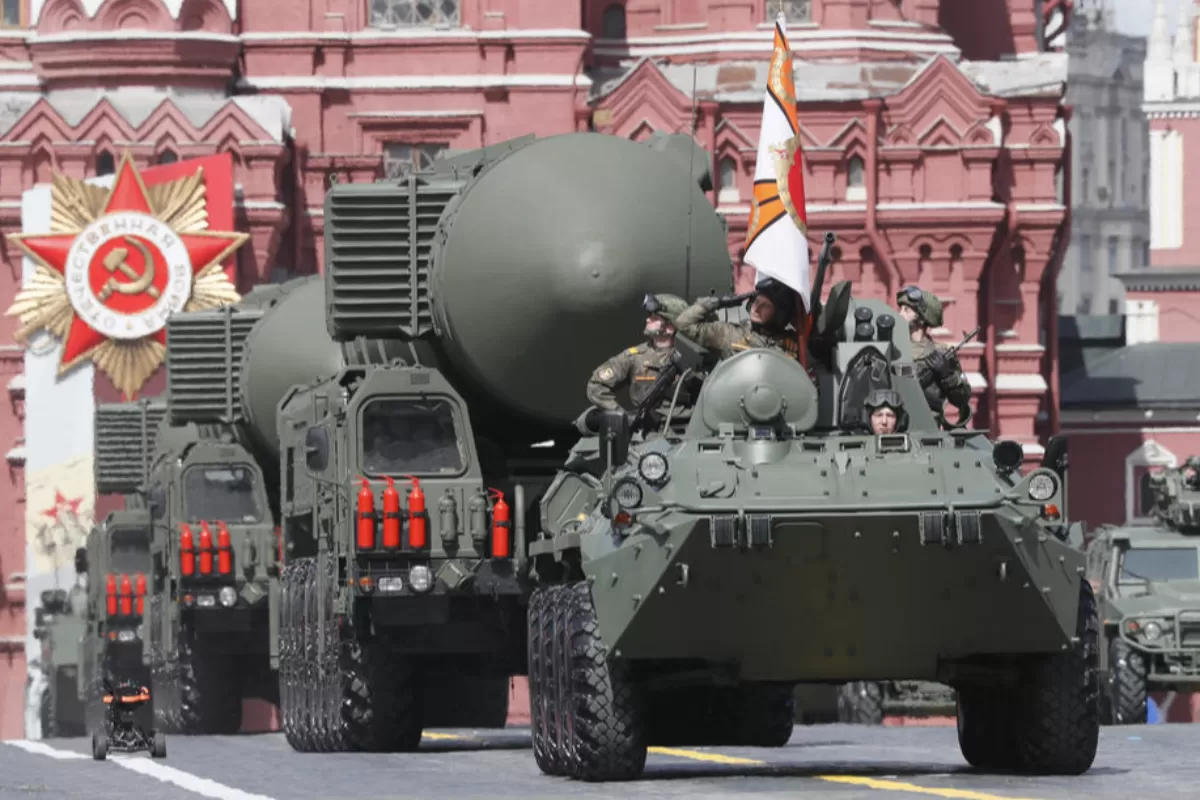
Putin has announced the start of World War III and will use nuclear weapons because, due to the West’s involvement, its forces cannot win the war. The narrative is promoted by Sorin Roșca Stănescu, who was given a criminal sentence and who is known for his opinions that very much resemble Russian propaganda. The Kremlin has long promoted the possible start of nuclear warfare, in order to determine the West to withdraw its support for Ukraine.
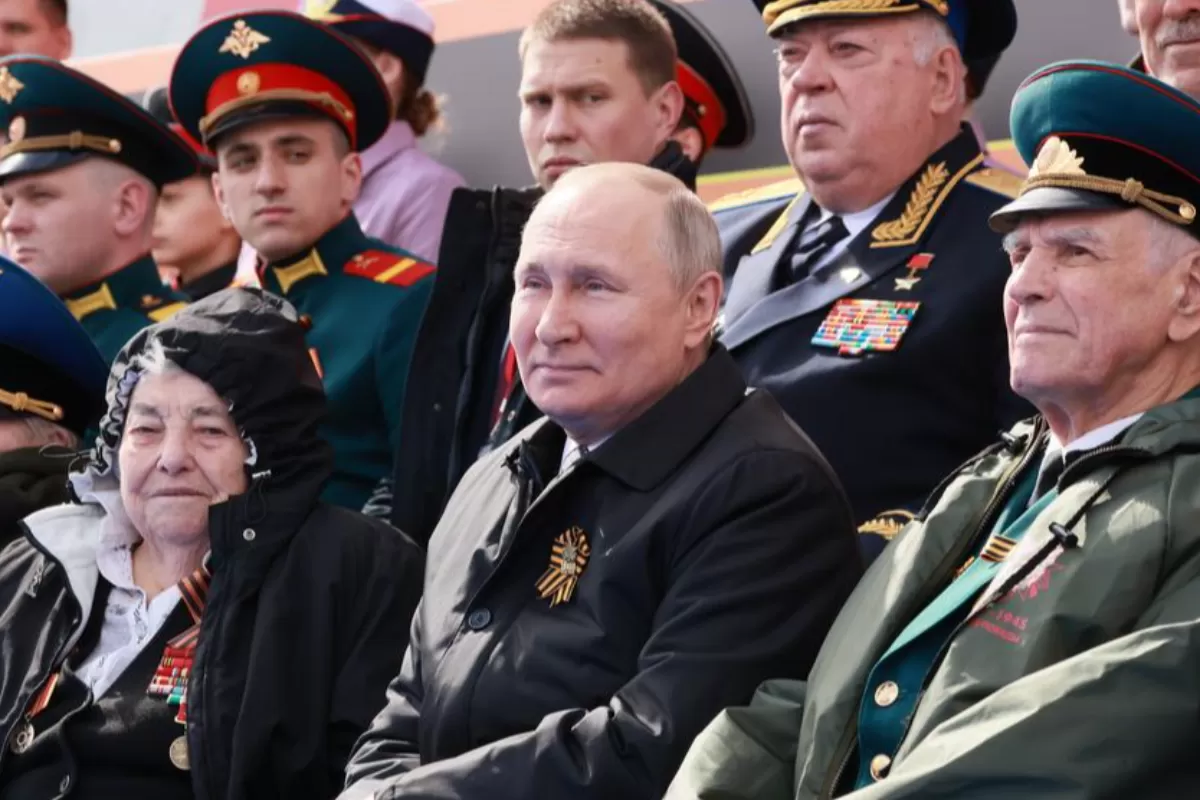
Outside Russia, Moscow’s representatives and supporters tried to mark Victory Day in ex-Soviet and ex-communist countries, but in most cases, their actions were overshadowed by protest actions against Russia’s acts of aggression or demonstrations of solidarity with Ukraine. Veridica’s contributors in ex-Soviet and ex-communist states have closely followed May 9 celebrations.